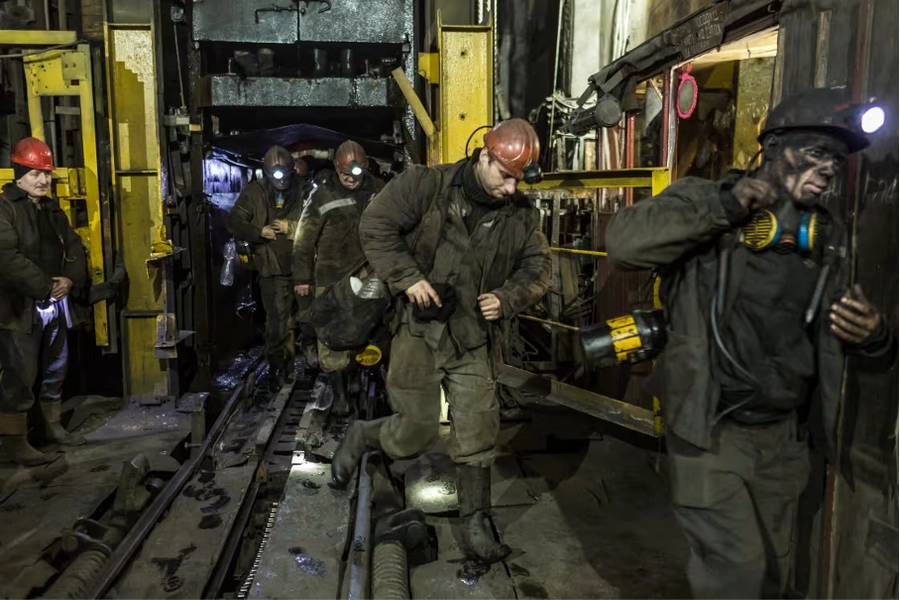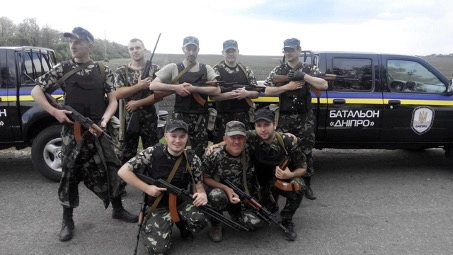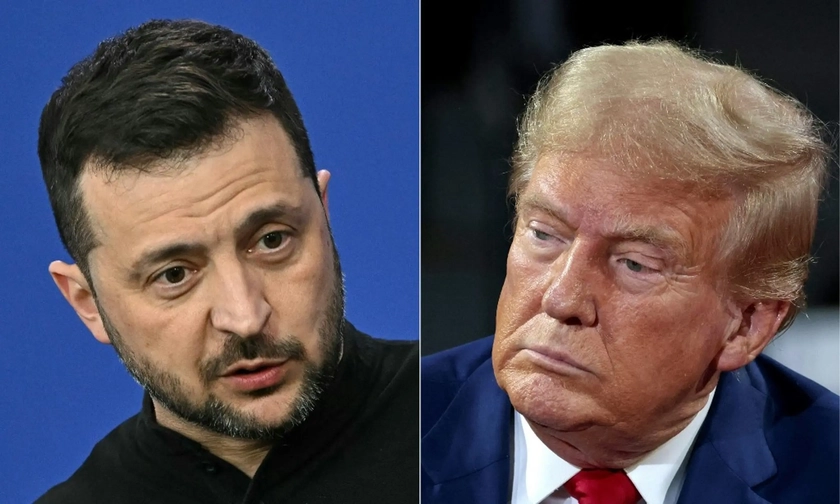There’s an old question-and-answer joke:
Question: What’s the difference between an optimist and a pessimist?
JOIN US ON TELEGRAM
Follow our coverage of the war on the @Kyivpost_official.
Answer: The optimist believes that this is the best of all possible worlds. Whereas the pessimist knows that this is the best of all possible worlds.
Ukraine these days has more than its fair share of both optimists and pessimists.
Couchette confessional
In Ukraine, train rides in a sleeper car can often turn into an exchange of ideas, or even secrets – as if they are confessional booths.
On my most recent trip back to Kyiv, I shared the overnight compartment with two Ukrainians who struck me as indicative of the mood here, with the country approaching the second anniversary of Russia’s full-scale attack.
Just the fact that we had to take the train – instead of a flight – from some far-flung European city was an absurdity that still takes getting used to.
Oleksiy
Oleksiy Kozlov is 47 years old, from Pokrovsk in the Donbas, which is very close to the frontline towns of Bakhmut and Avdiivka, though still controlled by Ukraine. He’s a coal miner, as was his father.
But Oleksiy isn’t just an ordinary coal miner. He’s a technical expert on anything that has to do with coal mining and president of consulting firm that specializes in the coal industry.
Before the war broke out in 2014, he managed a number of mine shafts and operations around Donetsk, a city originally built around the coal mining industry in the late 19th century by Welshman John James Hughes (Donetsk was initially called Yuzovka, then Stalino).

Realpolitik and Betrayal
Miners leave the Tsentralna coal mine in Toretsk, Donetsk region. Screenshot NBC news report, June 2021
Oleksiy is tall, strongly built, as one might assume a coal miner to be. But when he starts talking about what he does professionally you can tell he’s a man who has spoken publicly and made numerous business and management related presentations.
He says he’s on his way from Liverpool, England. From there he flew to Krakow, took a train to Przemysl, on the Polish-Ukrainian border, and then transferred to the night train heading for Kyiv.
Oleksiy’s is a tragic story, which he recounts matter-of-factly. In 2014, a combination of the upheaval in the Donbas and a diagnosis of cancer for his wife led him to move from Pokrovsk to Kyiv. Their only child was three years old at the time.
In Kyiv, Oleksiy became a consultant specializing in the coal business. He met with ministers and oligarchs. At one point, in 2015, a mine he was managing was raided by the Dnipro-1 Battalion, oligarch Ihor Kolomoisky’s private military. He even wound up spending a couple of weeks in jail on trumped-up charges.
Members of the Dnipro-1 Battalion. Photo: Facebook
By the time the full-scale attack occurred in 2022, his wife’s cancer had degenerated. She only had a few more months to live. Their son was 11 by then.
After his wife died, Oleksy was exempt from military service and allowed to leave the country as the single father of an underage child. He went to England where his sister lives. She had built up a thriving medical clinic in Pokrovsk, which went bankrupt after the full-scale invasion; so, she had now transferred her expertise to the UK.
Meanwhile, to earn a living, Oleksiy returned to Ukraine, pitching his ideas about how to privatize large nationalized portions of the coal industry (the part most susceptible to corruption) and make them more efficient and profitable. He met numerous times with Rostyslav Shurma, now deputy to Andriy Yermak, Zelensky’s chief of staff. He even met Yermak and President Volodymyr Zelensky by chance in the restaurant of a posh Carpathian resort and tried to pitch his ideas.
Nothing doing. People listened, nodded, agreed that the coal industry was inefficient, corrupt even, but no action was taken. Oleksiy made the lion’s share of his income as a consultant for companies outside Ukraine, mainly in Tajikistan and other former Soviet countries.
Now he’s going back to Kyiv to tie up some loose ends before returning to his son. He knows he should try to start fresh in England, but his English and language skills are weak. Already, the effort to switch from Russian to Ukrainian was difficult for him.
In short, he’s lost hope. The turning point came when he was arrested for two weeks. At the moment, he doesn’t see any future for Ukraine. The corruption is worse now. “I hope I’m wrong,” he says.
Anna
Anna Shemetylo is a young doctor returning from a medical conference in Berlin. She’s a specialist in skin and nerve disorders, but now concentrates on the pharmaceutical and therapeutic aspects of medicine, working for a Ukrainian company, Farmak, which is affiliated to the German Merz Pharma corporation.
One of the issues they discussed at the conference was how to deal with phantom pains, when patients who have lost limbs feel “imaginary” pain.
She’s from Kyiv, married with two teenage children, and seems to be glowing from a week of inspiring interaction with colleagues from around the world, who incidentally were impressed by the level of medicine being practiced in Ukraine.
She says the healthcare system in Ukraine has improved significantly in recent years and has great hope for the country once the war is over.
Her father was an officer in the Ukrainian army, who died in 2018. He’d seen the full-scale attack coming but didn’t live long enough to fight back. Yes, she’s worried about her son, who will soon be of military age. But for now, she doesn’t think about it.
She and Oleksiy exchange views on Ukrainian politics. Anna was one of the 24 percent who voted for Poroshenko. She says he rebuilt the army in which her father served. But since the full-scale invasion she recognizes Zelensky’s qualities and the fact that he might be the best man to get Ukraine’s message across to the world.
Oleksiy, by contrast, was one of the 73 percent who voted for Zelensky, hoping someone would deal with corruption. He has since been thoroughly disillusioned.
Both agree 2024 is going to be a hard year.
A frank discussion
Anna and Oleksiy speak openly, politely, respectful of each other’s opinions.
What I especially notice is that unlike decades ago, when I would travel through the country, the conversation is open – quietly solicitous, but not whispered to keep others from hearing. That in itself is a major change from the days when the population was guarded – some would say justifiably paranoid – about airing their political views to strangers.
We pull into Kyiv at 7:30 in the morning, literally 15 minutes after an intercepted missile struck the southern part of the city. No one notices. Everyone gets off the train calmly and goes about their business as best they can.
You can also highlight the text and press Ctrl + Enter













